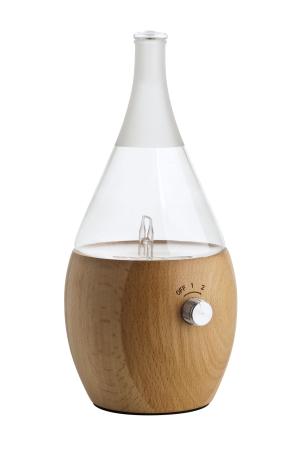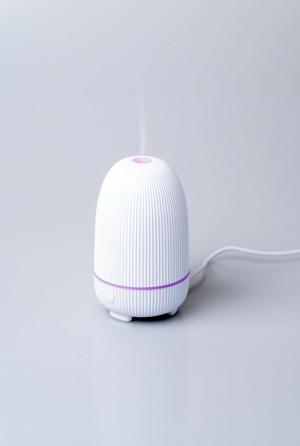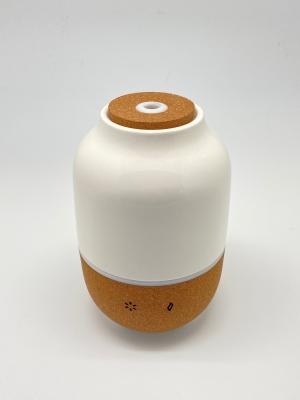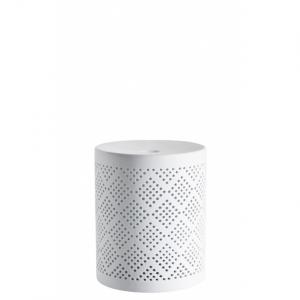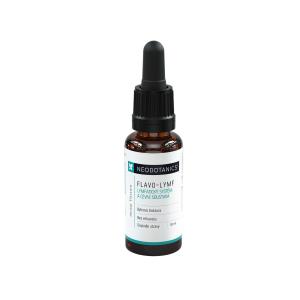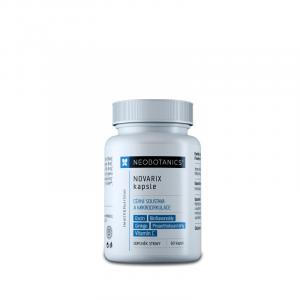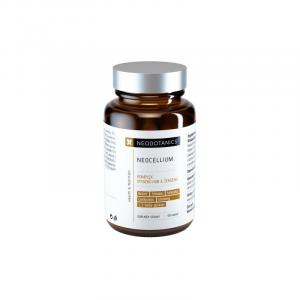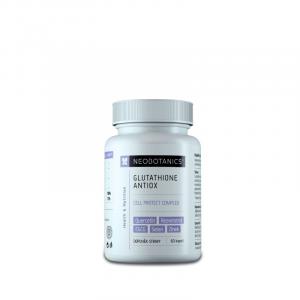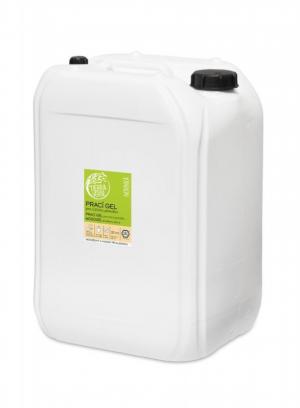
Why are you troubled by frequent nosebleeds and how to treat them?
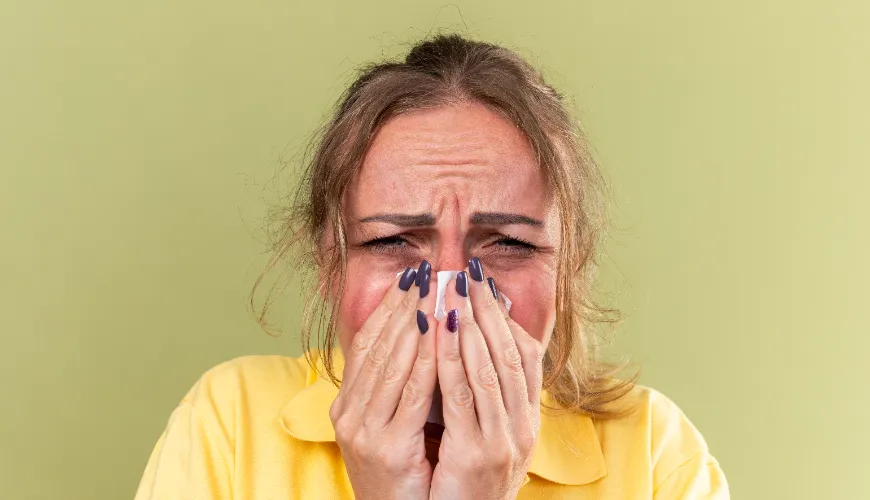
What Could Be the Cause of Frequent Nosebleeds?
Nosebleeds, medically known as epistaxis, is a condition that almost everyone has experienced at least once in their life. The nasal mucosa is very delicate and contains many small blood vessels that are prone to damage. Although it is usually a harmless occurrence that can be easily stopped, frequent nosebleeds can be a sign of more serious health issues. When bleeding occurs regularly, it is important to pay attention to the causes, which can be very diverse – from simple external factors like dry air to internal health complications. Let's take a closer look at the main reasons why frequent nosebleeds occur.
Dry Air and Frequent Nosebleeds
One of the most common causes of nosebleeds is dry air. This happens mainly in the winter months when indoor air is drier due to heating, or in the summer with frequent use of air conditioning. Dry air can cause the nasal mucosa to dry out, leading to its weakening. When the mucosa is dry and cracked, the vessels beneath its surface are more exposed to damage, and nosebleeds become a more frequent occurrence.
Prolonged exposure to dry air leads to repeated damage to the vessels, causing chronic problems with frequent bleeding. The problem can be alleviated by regularly humidifying the air in the room. Humidifiers can significantly help maintain the moisture of the nasal mucosa. Additionally, nasal sprays with saline solution can be used to help maintain the natural moisture and elasticity of the nasal mucosa. These sprays serve as a prevention against further damage to the nasal tissue and frequent bleeding.
Try our natural products
The Effect of High Blood Pressure on Nosebleeds
Another significant cause of frequent nosebleeds can be high blood pressure (hypertension). People suffering from this condition are more prone to nosebleeds because increased pressure in the vessels makes them more fragile and prone to bursting. This often occurs during sudden changes in blood pressure, such as when standing up quickly or during intense physical exertion.
In people with high blood pressure, frequent nosebleeds can indicate that blood pressure is not adequately controlled. It is therefore important to regularly monitor blood pressure and consult a doctor about treatment if necessary. Irregularities in blood pressure can lead to more serious problems, such as heart or brain events, so it is important to focus on prevention and regularly check blood pressure levels.
Medications That Can Cause Frequent Nosebleeds
The use of certain medications, particularly anticoagulants, can significantly increase the risk of nosebleeds. Anticoagulants, often prescribed for the prevention of blood clots, thin the blood, which makes it more difficult to clot and increases the likelihood of bleeding not only from the nose but from other parts of the body as well. Non-steroidal anti-inflammatory drugs (NSAIDs), like ibuprofen, can also cause irritation and weaken vessels, increasing the risk of bleeding.
Try our natural products
If you are taking blood-thinning medications and begin to experience frequent nosebleeds, it is important to consult with a doctor. The doctor can assess whether it is necessary to adjust the medication dosage or propose alternative treatment. Frequent nosebleeds in this case can be a sign that medical treatment needs to be adjusted to your current condition.
Inflammations and Infections of the Nasal Mucosa
Inflammations and infections of the upper respiratory tract can also lead to frequent nosebleeds. During inflammations, vessels in the nasal mucosa expand and become more prone to bursting. Infections, such as common cold or sinusitis, often cause irritation and inflammation of the nasal mucosa, increasing the risk of bleeding.
Allergic reactions are another factor that can worsen the condition of the nasal mucosa and lead to frequent bleeding. Allergies, such as allergic rhinitis, cause the nasal mucosa to become irritated, and the vessels within it are more susceptible to damage. People who suffer from allergies often experience repeated episodes of nosebleeds, especially when exposed to allergic triggers like pollen or dust.
Try our natural products
Blood Clotting Disorders and Other Serious Causes
Sometimes, frequent nosebleeds can signal more serious health problems, such as blood clotting disorders or even tumors in the nasal cavity. If bleeding occurs without an apparent cause and cannot be easily stopped, it may indicate disorders that affect the body's ability to form blood clots. This can be very dangerous and requires immediate medical examination.
Tumors in the nasal cavity, although rare, can also cause frequent nosebleeds. Tumors can mechanically irritate the nasal mucosa, causing repeated bleeding. If you suspect serious problems, it is important to seek professional medical help and undergo a thorough examination, which may include endoscopy or imaging methods.
Try our natural products
When to Seek Medical Help?
Although most cases of nosebleeds are not a reason to panic, there are situations when it is necessary to seek medical help. If a nosebleed lasts longer than 20 minutes, even if you try to stop the blood by applying pressure to the nostrils, you should immediately see a doctor. Prolonged or very intense bleeding can be a sign of a more serious problem that requires professional treatment.
Similarly, if nosebleeds occur frequently and without an apparent cause, you should consult this condition with a specialist. Frequent nosebleeds can be a symptom of several health issues that require diagnosis and treatment. Do not neglect your health and pay attention to the signals your body gives you.
Overall, it is important to remember that frequent nosebleeds can be a warning sign that more attention needs to be paid to your health.
